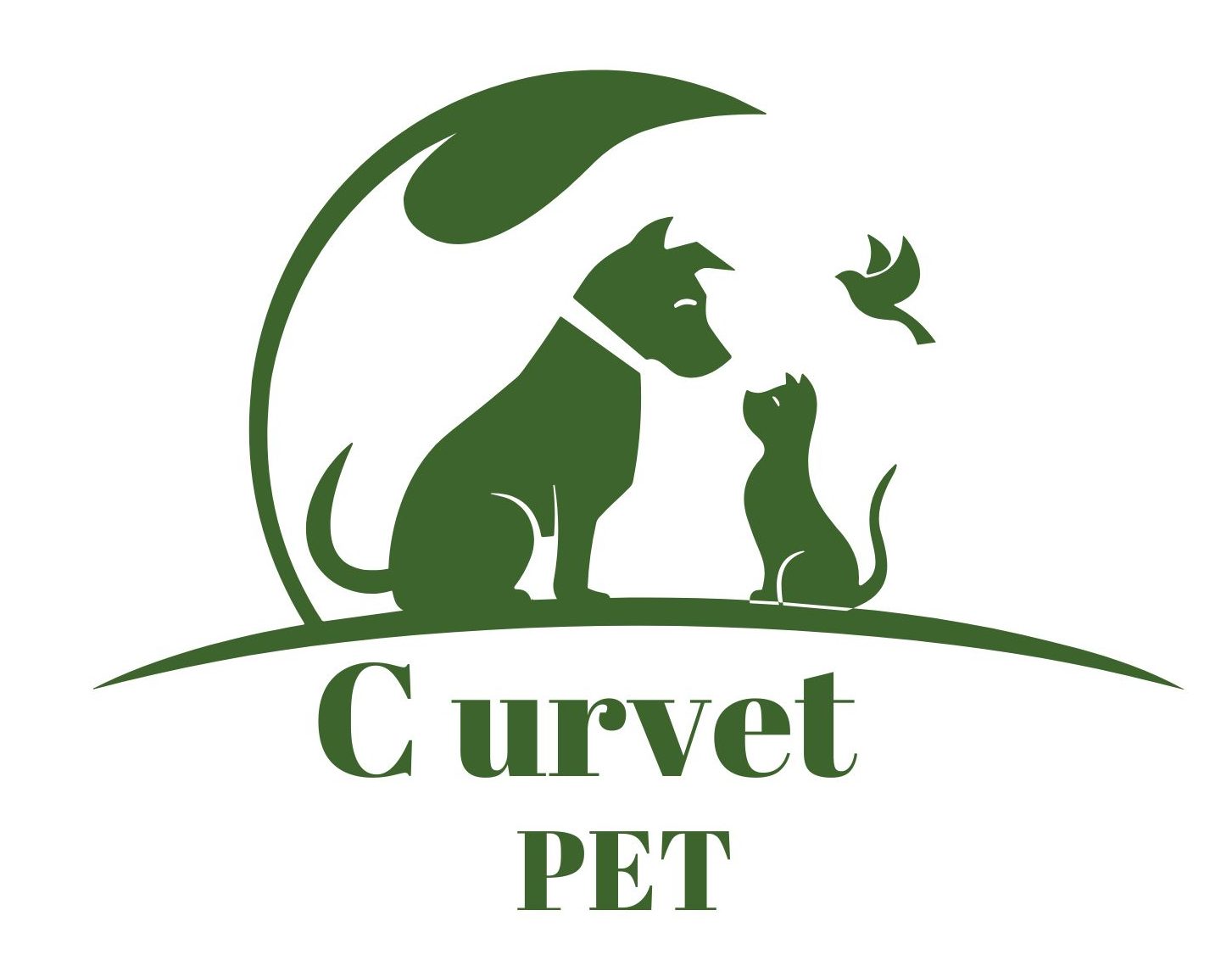1. Unique Nutritional Needs of Kittens Kittens undergo two distinct growth phases: a rapid growth phase followed by sexual maturity. Both phases require appropriate nutrition to ensure that kittens grow into healthy and strong adult cats.
2. Rapid Growth Phase: 2 to 6 Months After weaning, kittens enter a rapid growth phase that lasts until around six months of age. During this period, they need a balanced diet with high levels of protein and calories to support their rapid growth and energy demands. The energy required per unit of body weight for kittens in this phase is twice that of adult cats. However, due to their small mouths, teeth, and stomachs, kittens cannot consume and digest large quantities of food in one meal. Therefore, kittens aged between two and six months need to eat at least three meals a day. High-quality kitten food specially formulated to meet their nutritional needs is essential, featuring meat as the main ingredient, easy digestibility, and nutrient-rich content.
3. Rapid Maturity Phase: 6 to 12 Months As kittens transition to an adult-like body size, their nutritional needs change. After six months, their growth rate slows down, and their activity levels decrease slightly. They can consume larger meals, reducing the frequency of meals per day. Although they resemble adult cats in size, they continue to grow. Many cat owners introduce different foods as their kittens reach sexual maturity; however, high-quality dry cat food remains a favorite. During this period, adding nutrient-rich canned food to their diet can address their slightly altered nutritional needs.
4. Transitioning from Kitten to Adult Cat Food When a cat reaches one year old, it is time to switch to adult cat food, formulated to meet the needs of adult cats without the excessive calories and nutrients required by kittens. During this transition, it is crucial to gradually mix the new food over 5-7 days. Monitoring the cat’s weight and adjusting feeding amounts accordingly is essential. Most cats will regulate their food intake based on their energy needs, allowing for free-feeding. However, indoor cats with lower activity levels might become overweight with free-feeding, so offering two measured meals per day can help maintain a healthy weight.
5. Avoid Feeding Human Food Feeding kittens human food can lead to undesirable behaviors, such as begging for food or developing bad habits of stealing food. Offering homemade meals, adult cat food (especially weight control formulas), or adding extra vitamins to a balanced cat food can result in nutritional imbalances.
6. Essential Nutrients for Kittens Cats are obligate carnivores and require nutrients found only in meat. A deficiency in taurine (an essential amino acid found only in animal meat) in their diet can lead to growth retardation, blindness, heart disease, and reproductive issues. Kittens and adult cats must always have access to fresh, clean water and need regular veterinary check-ups to maintain optimal health and well-being.
